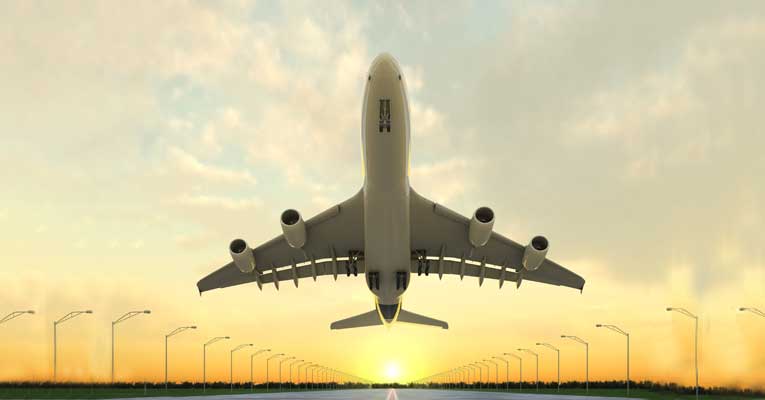India signs Open Skies Agreement with six countries

Dec 16, 2016: During the International Civil Aviation Negotiations (ICAN) 2016 conference held in Nassau, Bahamas from December 5-9, 2016, India signed Open Skies Agreement with six countries: Jamaica, Guyana, Czech Republic, Finland, Spain and Sri Lanka.
In an informal conversation with media RN Choubey, Secretary, Civil Aviation said that the Conference was attended by 106 countries out of ICAO membership of 191 countries. India held negotiations with 17 countries and Memorandum of Understanding was signed with 12 countries. The major issues resolved at these negotiations as per the directions in National Civil Aviation Policy (NCAP 2016) are:
1. Increase in traffic rights:- India renegotiated traffic rights with Oman increasing the entitlements with 6,258 seats effective from Summer 2017 as the existing entitlements were nearly exhausted. The points of call remained unchanged.
India agreed with Saudi Arabia to increase the capacity by 8,000 seats per week from IATA season when Indian carrier’s utilisation reaches 80 per cent. This was in response to the needs of increasing traffic between the two countries where Indian carriers have been utilising open sky in Damman to mount more flights than the Saudi Arabian side.
Indian also agreed with Ghana to increase the present allocation of two frequencies to seven frequencies per week to encourage connectivity between the two countries.
2. Open Skies Agreement as per NCAP 2016 :- Allows unlimited number of flights to six metro airports: Delhi, Mumbai, Hyderabad, Kolkata, Bengaluru and Chennai, was signed with six countries: Jamaica, Guyana, Czech Republic, Finland, Spain and Sri Lanka. The new arrangement will encourage connectivity and passenger travel between India and these countries.
3. New Air Service Agreements were signed with Jamaica and Guyana.
4. Codeshare agreement:- In the present scenario codeshares provide seamless connectivity to the travelling passengers and make possible connectivity between far off destinations not served by direct flights. As per NCAP 2016 codeshares are to be encouraged and keeping this in view, negotiations were completed with nine countries to enable the legal framework between the governments of these countries to make possible codeshares between the airlines of two sides. The negotiations have enabled domestic codeshares with Czech Republic, Portugal and Malaysia, domestic and international codeshares including third country airlines with Guyana, removal of restriction of counting of capacity in case of codeshare with third country carriers and domestic codeshare to additional two points to Mauritius, codeshare with third country carriers and four additional domestic codeshare points with Saudi Arabia and Spain and code share with third country carriers with Sri Lanka.
5. Resolution of other issues relating to Air Services Agreement was also completed with Ghana, Israel, Japan, Malaysia, Portugal, Hong Kong, Ethiopia and Bangladesh.



